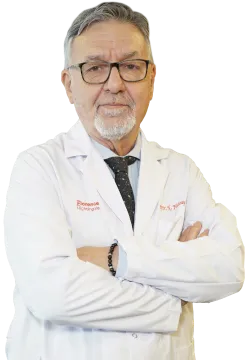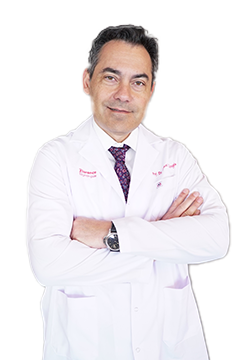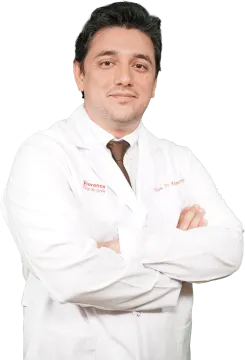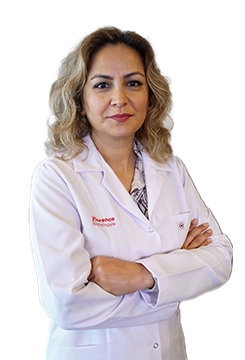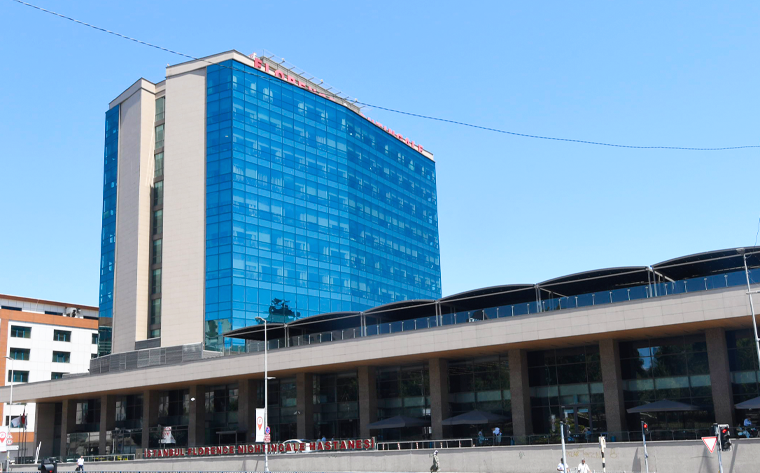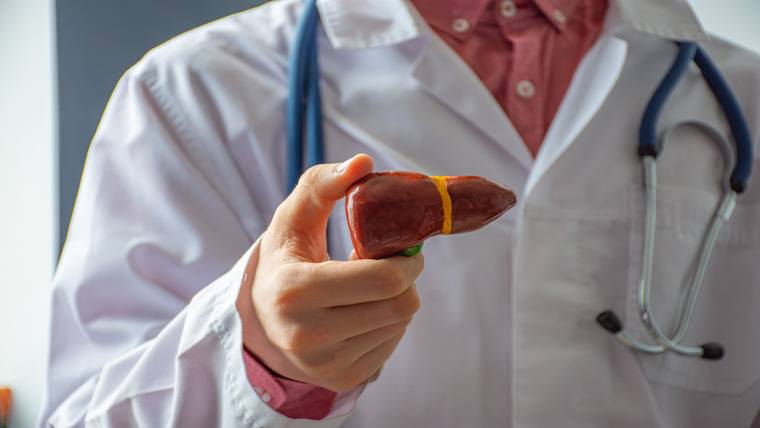
What is a Liver Transplant Center, What are the Diseases Treated?
Liver Transplantation Center is a healthcare unit that requires advanced medical technology and expertise, providing life-saving solutions to patients struggling with liver failure and other serious liver diseases.
About Liver Transplant Center
A liver transplant center is a specialized medical unit that provides liver transplantation services to patients who have liver failure or other serious liver-related health problems. In these centers, patients are given a new liver transplant using both living donor and deceased livers. Liver transplantation is a treatment of last resort for life-threatening conditions.
Who are the Specialists in the Liver Transplant Center and What are their Duties?
Liver transplant centers employ many specialists, including liver transplant surgeons, hepatologists, anesthesiologists, infectious disease specialists, transplant coordinators, dietitians, and psychologists. Liver transplant surgeons perform the transplant. Hepatologists, who are specialists in liver diseases, monitor patients before and after transplantation. Anesthesiologists administer anesthesia during surgery. Other specialists provide services to support patients' general health and speed up the recovery process.
What is done at the Liver Transplant Center?
Liver Transplantation Center is a healthcare unit that requires high expertise and treats patients who need transplantation due to liver diseases. The procedures performed and services provided at the center cover every stage of the patients' treatment process.
The main operations and services performed in these centers are listed below:- Patient Evaluation and Diagnosis: Patients who apply to a liver transplant center first undergo a comprehensive evaluation. This evaluation includes advanced diagnostic methods such as blood tests, liver function tests, ultrasound, MRI, CT scans and biopsy to determine whether the patient is suitable for liver transplantation.
- Determining Candidates for Transplantation: After the diagnostic processes, patients deemed suitable for liver transplantation are determined. During this process, the patient's general health status, the stage of liver disease and the condition of other organs are taken into consideration. At the same time, the availability of a living donor or cadaver liver is evaluated.
- Liver Transplant Surgery: The most basic and critical procedure of the liver transplant center is liver transplant surgery. This surgery is the process of transplanting a healthy liver from a donor to the patient. The surgery is an operation that involves high risk and requires advanced surgical techniques.
- Post-Operative Follow-Up and Care: After liver transplant surgery, patients begin an intensive follow-up process to see if their bodies are accepting the new liver. During this process, medications that suppress the patient's immune system are used and regular blood tests are performed. In addition, necessary precautions are taken to prevent possible complications (infection, rejection) after the transplant.
- Rehabilitation and Psychological Support: After the transplant, rehabilitation programs are implemented for the physical and psychological recovery of patients. Dietitians prepare special nutrition plans for patients, and physiotherapists help patients regain muscle and joint functions. In addition, psychologists provide psychological support to patients and their families, contributing to a more comfortable post-operative period.
- Long-Term Follow-up and Control: After liver transplantation, patients need to be checked regularly at the center. During these check-ups, whether the liver is functioning properly, whether the body accepts the transplant, and the patient's general health status are evaluated. Long-term follow-up is of great importance in terms of improving the patient's quality of life and detecting potential problems early.
All these procedures and services provided at the Liver Transplantation Center allow patients to start a new life with a healthy liver. These centers are with patients at every stage of the liver transplantation process with expert teams and advanced technologies.
Diagnostic Methods and Applied Tests
Liver transplant centers use a number of diagnostic tests and procedures to identify liver failure or serious liver disease. These include blood tests, liver function tests, ultrasound, MRI, CT scans, and liver biopsy. These tests are used to assess the patient's liver condition and determine if they are suitable for transplantation.
Procedures and Treatments Performed
The most important procedure in liver transplant centers is liver transplant surgery. In addition, patients are provided with pre- and post-operative care, drug treatments, dietary adjustments and psychological support services. After the surgery, regular follow-up and tests are performed to check whether the patient's body has accepted the new liver.
Health Technologies Used
Liver transplant centers use the latest health technologies, such as advanced imaging techniques, robotic surgery systems, modern anesthesia devices, and special biotechnological products used in the transplant process. These technologies both speed up the diagnosis process and ensure that surgeries are performed more safely and successfully.
Liver transplant centers are highly specialized medical units that play an important role in improving the quality of life of patients and saving lives. The treatments applied and advanced technologies used in these centers allow patients to live a healthy life.
